2020 Idea Challenge
These are our 19 winning projects from the Idea Challenge 2020. They implemented their projects between November 2020 and February 2022. Read more about their project ideas and the implementation below.
The Community Award winner of 2020 was "Empowering rural women".
by Olga Zarko
Bulgaria
Generation Bridge
By Local Action group Svilengrad areal
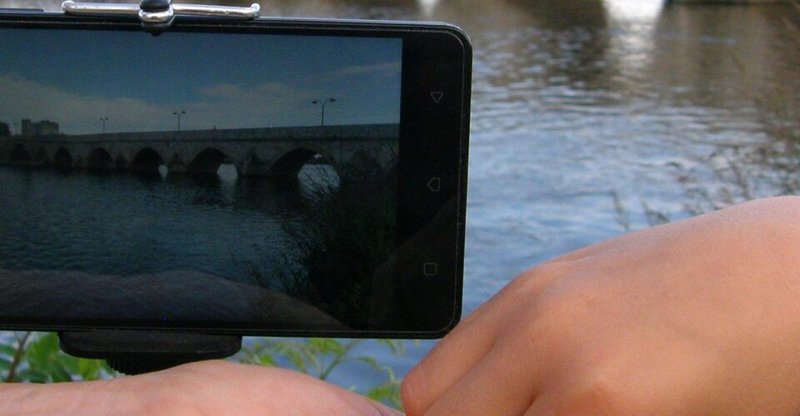
Svilengrad, Bulgaria.
Seniors and youths separated by modern developments get together to bridge their competencies. The young people teach the seniors how to use digital devices and seniors teach the youth how to grow food from seed to plate. The planned civil campaign, which askes the community in Svilengrad for support, is an example of how to achieve civil awakening. We build a strong bridge through unity.
Roma Voice 2021
By LIDER Association
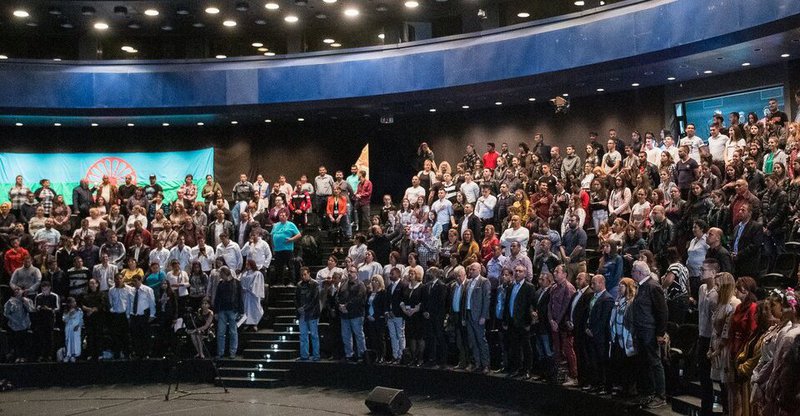
Region of Blagoevgrad, Bulgaria.
The initiative will strive to ensure political commitment for the Roma community from people of different political parties running for MP from the Blagoevgrad region. We aim to make sure Roma voices are heard in the upcoming parliamentary election in 2021. We will seek this through a series of training for Roma leaders, community meetings, partnership seminars with non-Roma allies and advocacy efforts. Increased informed Roma participation in the elections is expected.
The Social Herbal Garden
By the Social Teahouse
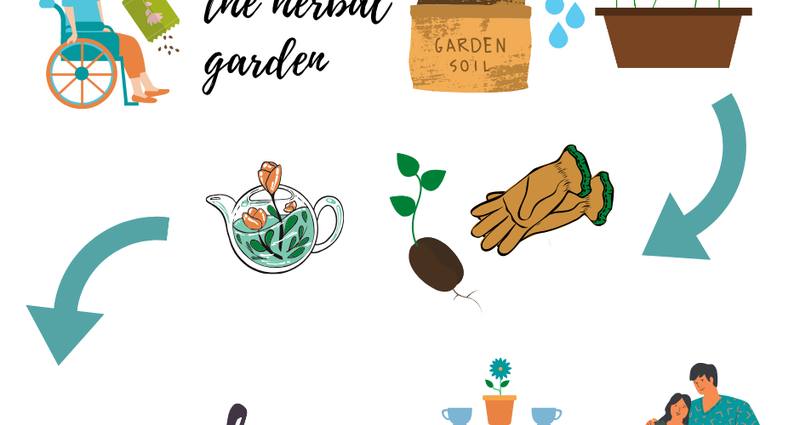
Benkovski village, Bulgaria.
The idea is about creating a community-based garden that supports excluded youngsters & elderly gardeners from rural areas. Our idea creates safe spaces for working, growing and learning as well as possibilities for intergenerational dialogue. We solve two problems at once by offering employment to youngsters excluded due to their special needs or background and help to preserve the gardening and herbal heritage of the region. All herbs produced will be dried and used as tea in our Social Teahouse in Varna.
Croatia
Take the Money, and Do Something for the Youth
By Lokalna akcijska grupa Zagorje-Sutla
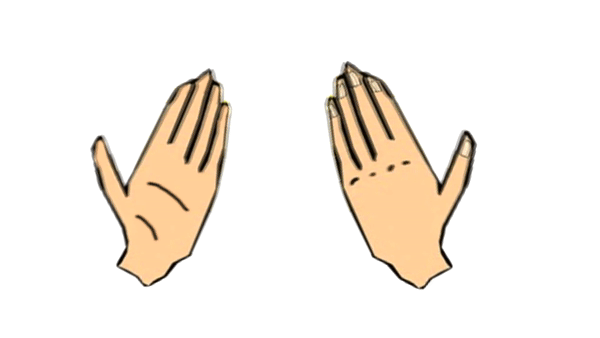
Krapina-Zagorje county, Croatia.
The project aims to involve youth in the decision-making process for youth-related projects implemented by the town. This is called participatory budgeting with youth. The goal of our project is to encourage the active involvement of young people in the process of decision-making in the local community and to strengthen the dialogue between youth and decision-makers.
Czech Republic
Everybody Needs SomeBuddy
By NESEHNUTÍ
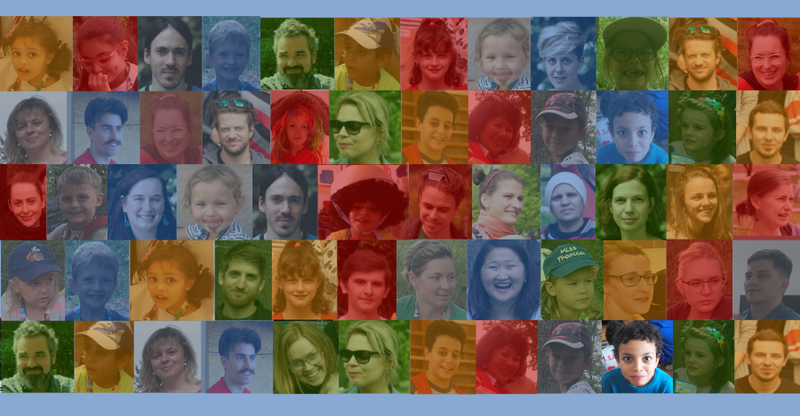
Brno, Czech Republic.
The project is about volunteer buddy duos, a pathway to intercultural dialogue and engagement based on solidarity and mutual support. Our goal is to empower migrants to become an engaged part of the civil society and to create a safe space where migrants and locals can meet each other, gain better mutual understanding, improve intercultural dialogue and develop stronger inclusive communities.
Pre-election Civic Lobbying Accelerator
By Rekonstrukce státu
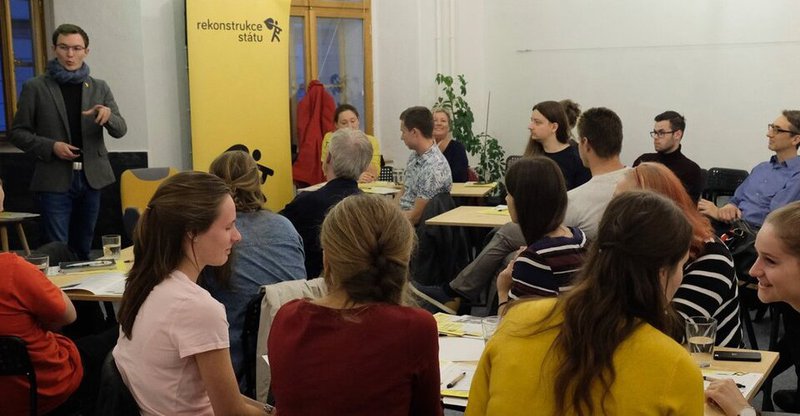
Ústecký and Karlovarský regions, Czech Republic.
Peripheral regions exhibit the lowest voter turnout: 40% in Karlovarský and Ústecký in the 2017 general election. Citizens there often distrust parliamentary democracy and feel overlooked by politicians on both the local and state level. As part of our campaign for the 2021 general elections, we will recruit three groups of citizens in Karlovarský and Ústecký region and equip them for a successful dialogue with political parties. They will share their story and help mobilize voters.
Greece
Islands of Hope
By European Village
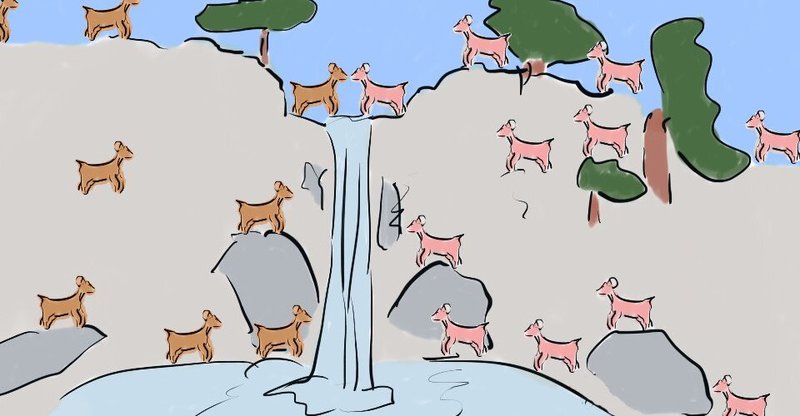
Samothraki Island, Greece.
Small islands are renowned sources of natural richness and cultural diversity. Yet their fate is often decided in urban political centers while community voices untrained in structured dialogue are largely bypassed, leading to local conflicts and resignation. Departing from a small Aegean island, we embark on a visionary participatory journey to co-define insular developmental priorities and co-design an open-source toolkit for democratic deliberation for the entire Greek archipelago.
PEACEBUILDERS of LESVOS
By iliaktida
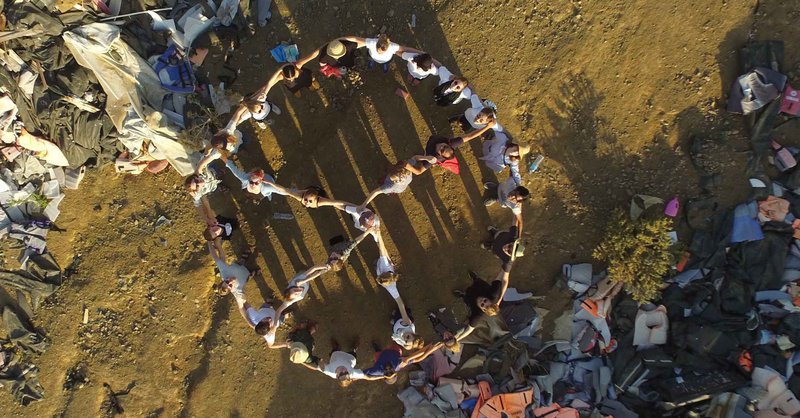
Lesvos, Greece.
PEACEBUILDERS is a youth-led, bottom-up and all-inclusive anti-nationalism movement aiming to systemically change the civic fabric of Lesvos and reconstruct a shared democratic space across pockets of Europe. We want to systemically reconstruct a resilient civic fabric and shared democratic space, capable of curbing extremist ideology targeting the ‘other’ and the core values of our European community.
Hungary
A Different Bag
By BAGÁZS
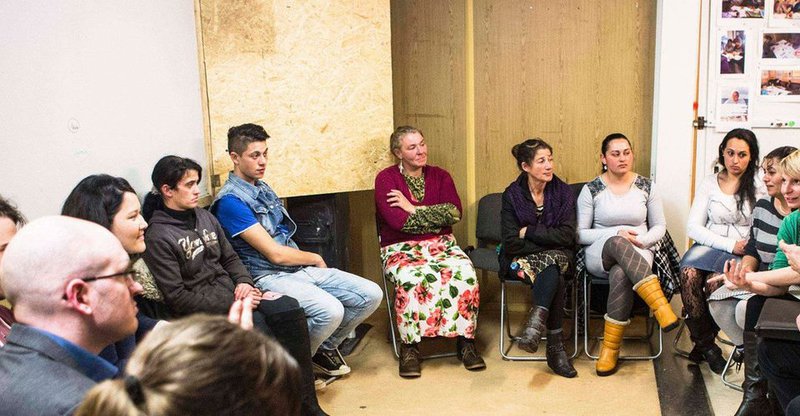
Bag, Hungary.
Tension, discrimination, intolerance. These words describe the relationship between a Roma settlement and the non-Roma neighborhood in an average Hungarian village. But Bag is different: Bag wants to become a better place for everyone. Our project brings together locals with different backgrounds who will work in groups towards common goals and create a long-term local Roma strategy, leading the village towards an inclusive, democratic, active community.
HumanBodyText
By Journalist's Association of Eger
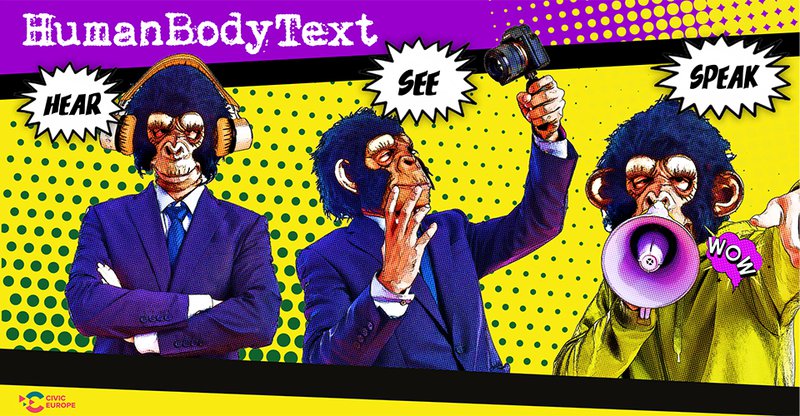
North-East counties, Hungary.
In the HBT project, we are creating a well-equipped community studio for young vloggers, podcasters and bloggers with 24/7 access. We help participants become familiar with media responsibilities and techniques and principles such as factuality, science, humanism, progress and democracy. News consumption requires some educational background just as those who have studied music understand it better and are more critical of the pieces and their interpretations.
Miskolc will be a place for everyone!
By Abaújrakezdés Egyesület
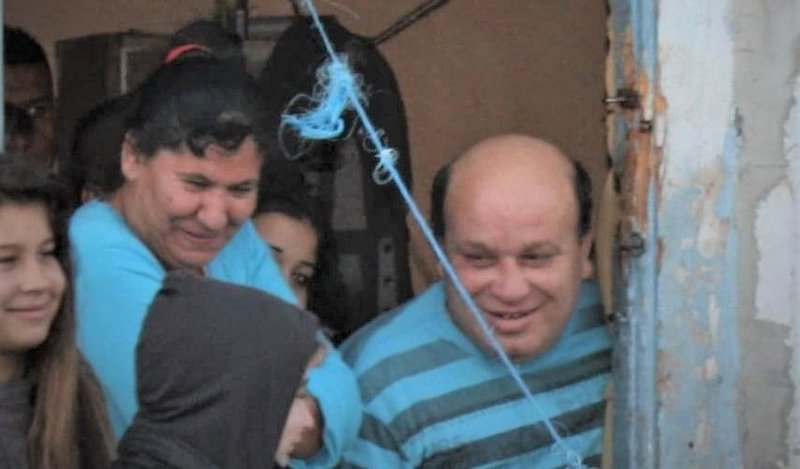
Miskolc, Hungary.
Miskolc city has a large Roma population of about 30,000. About 70% of them live in segregated, peripheral districts; around one-third of them are not registered residents in the city. The newly elected city council is open to starting the development dialogue. Our initiative aims to build the bridge between the Roma communities and the municipal institutions. We go to Roma people and empower them to create their voice and to act for a better life.
Italy
From eartH
to Heart
By Luoghi Comuni
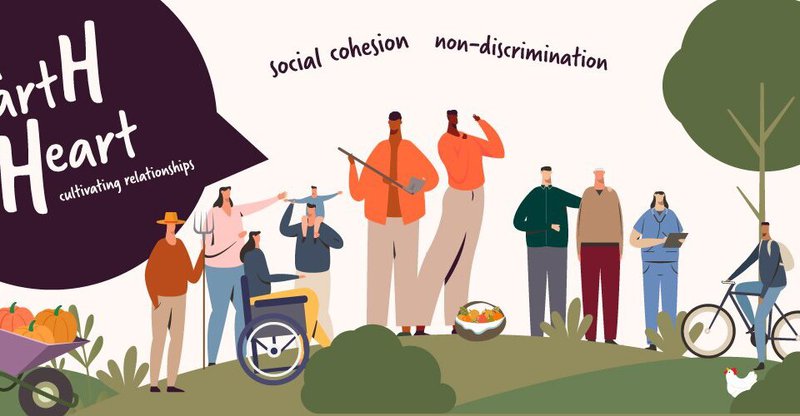
Bassano del Grappa, Italy.
A new paradigm of inclusion of young migrants through agriculture! We want migrants to create their own educational project based on agriculture, sharing agricultural skills with the community and spreading the message that agriculture is about “tending and cultivating.” Together with other citizens, migrants promote training, workshops, a tutoring program for vulnerable people and a TV show. Once strangers who can be exploited, they now become community makers
Sicilian Democracy Funds: Let’s spend the unspent!
By Parliament Watch Italia
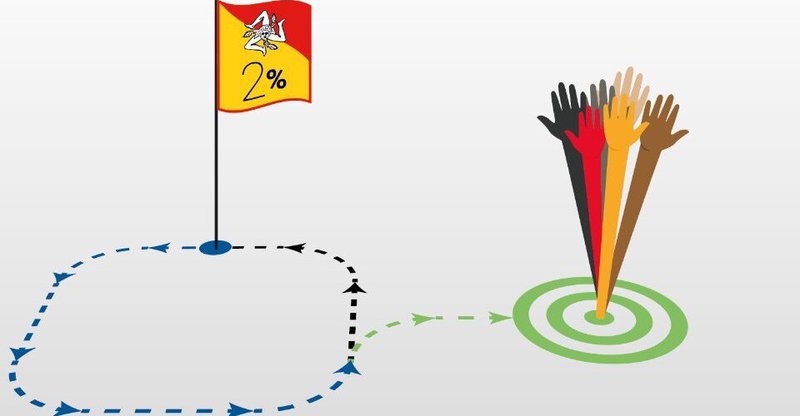
Sicily, Italy.
From 2016, according to a regional law, Sicilian municipalities must implement participatory democracy projects every year. The available resources are about five million euro per year. About half of these funds is unspent, wasting the opportunity to bring excluded citizens back into decisional space. Our idea is for a campaign that aims to build collaboration between CSOs and municipalities for a strategic use of these funds.
Poland
Trailblazers: Local LGBT+ Activists and Allies
By Fundusz dla Odmiany
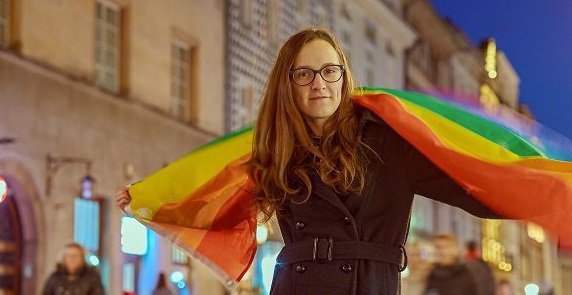
Hrubieszów, Tarnów, Rzeszów, Krosno, Poland.
Our vision is a Poland where LGBT+ people can feel fully at home in every community. At last. Meanwhile, in recent months, 80 local Polish governments declared themselves “LGBT free zones.” We will bring change. We will research framing messages about LGBT+ people in conservative circles; we will empower a group of local activists to work in their communities to bring change, increase LGBT+ people’s visibility and presence and foster dialogues; and then provide them with grants for their actions.
Portugal
Local Food 4 Local Economy
By In LOCO Association
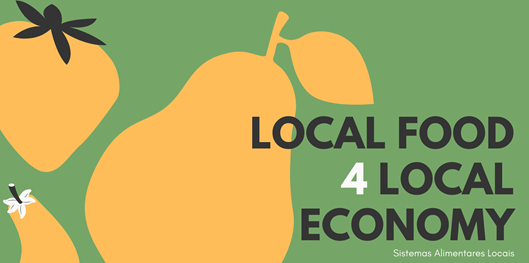
Rural Algarve, Portugal.
Tired of watching the global food supply chains dictate what to eat and aware of the huge impact that food and transportation have on Portugal's ecological footprint, a non-governmental organization decided to mobilize key actors in the Algarve region to work on an alternative food supply model. Farmers, social services and local authorities will be challenged to take a critical look at current systems and to co-create a new model for social feeding, supplied by local production.
Quarteira Decides
By OFICINA Association
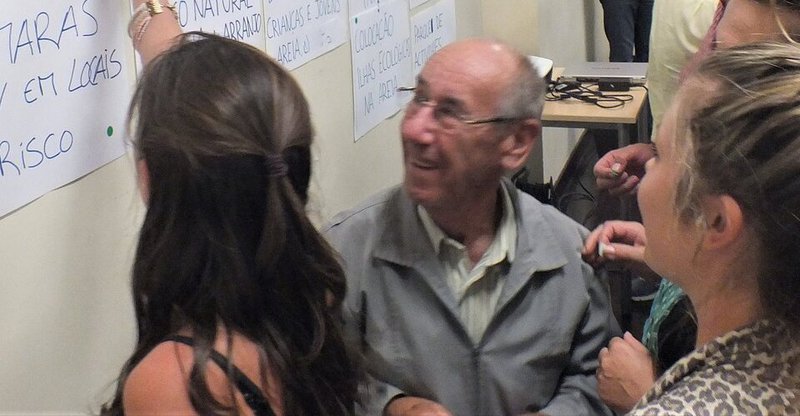
Quarteira, Portugal.
Three neighborhoods characterized by ethnic diversity, stigmatization, social conflicts, political polarization and distance from centers of power will decide and implement the projects they consider most important to the community using a Participatory Budgeting (PB) methodology. Each neighborhood will have its own budget that will be discussed until a consensus is reached among the residents. To facilitate this process, local tutors will be selected and trained in each neighborhood.
Romania
Organizing for power
By CeRe – Resource Center for Public Participation
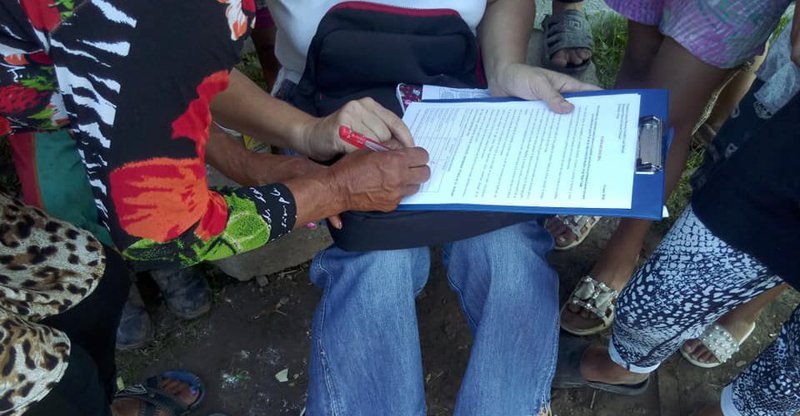
Arges, Giurgiu and Braila County, Romania.
Activism may have increased lately, but only among middle-class citizens in the big cities whose basic needs are already met, while people experiencing poverty or lack of access to basic services are left behind with their voices unheard and needs unmet. To respond to this, we intend to put community organizing and advocacy in the service of people living in deprived rural communities, aiming to increase activism and engagement, but also to challenge inequity and injustice.
Slovakia
Banská Bystrica – women friendly city
By Komunitná nadácia Zdravé mesto (KNZM)
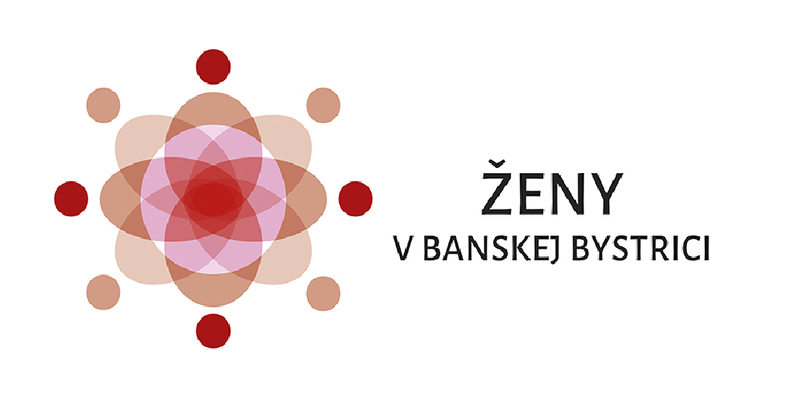
Banská Bystrica, Slovakia.
Even in the 21st century, women experience discrimination in Slovakia as the results of a 2019 survey showed. We will support women from various social groups to develop and strengthen their capacity on their journey to obtain equal treatment and to fight for opportunities to be heard and involved in community development. At the same time, we will work on community awareness of benefits of diversity in the community, community values and human rights.
Slovenia
Regional Center for Deinstitutionalization
By MUZEJ NOROSTI
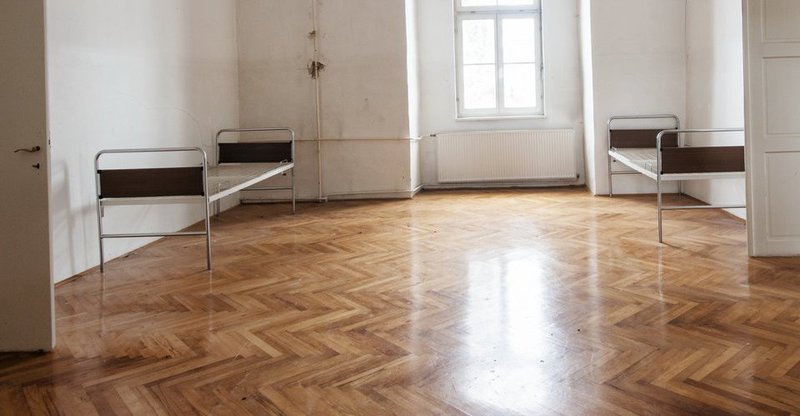
Trate, Zgornja Velka, Slovenia.
At the Museum of Madness, we share the story about Slovenia being one of the most institutionalized countries in the world. We aim to raise awareness about the rights of people with disabilities to live independently and be included in community, but also to identify people’s needs and, based on that, to establish first community services in the region with the largest amount of institutionalization. The idea is to show people how to shift from institutional to community services within existing public budgets.